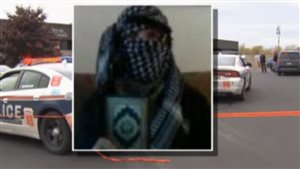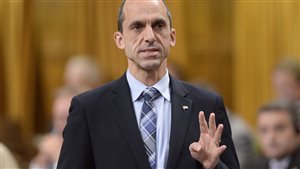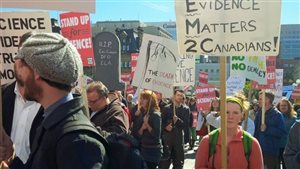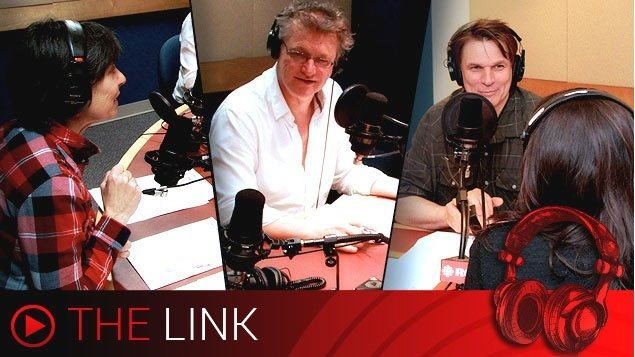Your hosts are Lynn Desjardins, Wojtek Gwiazda, and Marc Montgomery
Listen
The tragic killings of unsuspecting soldiers in two separate incidents made worldwide headlines this week. One involved a allegedly deliberate hit and run killing in a city south of Montreal, while the other, even more shocking was a shooting of a soldier on ceremonial guard duty at the Tomb of the Unknown Soldier in Ottawa. In that case, the gunman then ran into the federal Parliament buildings a short distance away, where he was killed in a shootout with police. Both alleged killers were listed as recent converts to Islam.
Michel Juneau-Katsuya is CEO of Northgate, a security consultancy company, and a former senior manager of Canada’s national security agency, the Canadian Security Intelliegence Service (CSIS).
Marc spoke to him shortly after the first incident involving the hit and run, and just before the second incident in the national capital. In this excerpt of the full-length interview, he explains his theory behind the attack, and why it is so difficult to prevent attacks like either of these incidents, and why he feels the Canadian government should not go overboard with new security legislation.

On Wednesday, a soldier on Ceremonial guard duty at the National War Memorial was shot and killed
The shooter then ran into the Parliament buildings a short distance away where a shootout with guards took place and he was killed.
On the day following this latest tragic event, a lively discussion took place in the House of Commons between government and opposition parties.
It concerned whether current laws are adequate and if they are even being used, and why new laws are or are not needed, and possible implications for civil liberties.
Wojtek prepared a report.

Scientists from around the world recently wrote to the Canadian Prime Minister.
Several hundred scientists from dozens of countries are critical of the government’s actions which hinder scientists from communicating about their research. It also criticizes funding cutbacks.
Canadian scientists have been often been unable to attend international conferences because the government has been unwilling to fund them, says Michael Halpern, manager of strategy of innovation for the Union of Concerned Scientists
Lynn spoke to him about the letter to Prime Minister Stephen Harper, and the situation faced by Canadian researchers







For reasons beyond our control, and for an undetermined period of time, our comment section is now closed. However, our social networks remain open to your contributions.